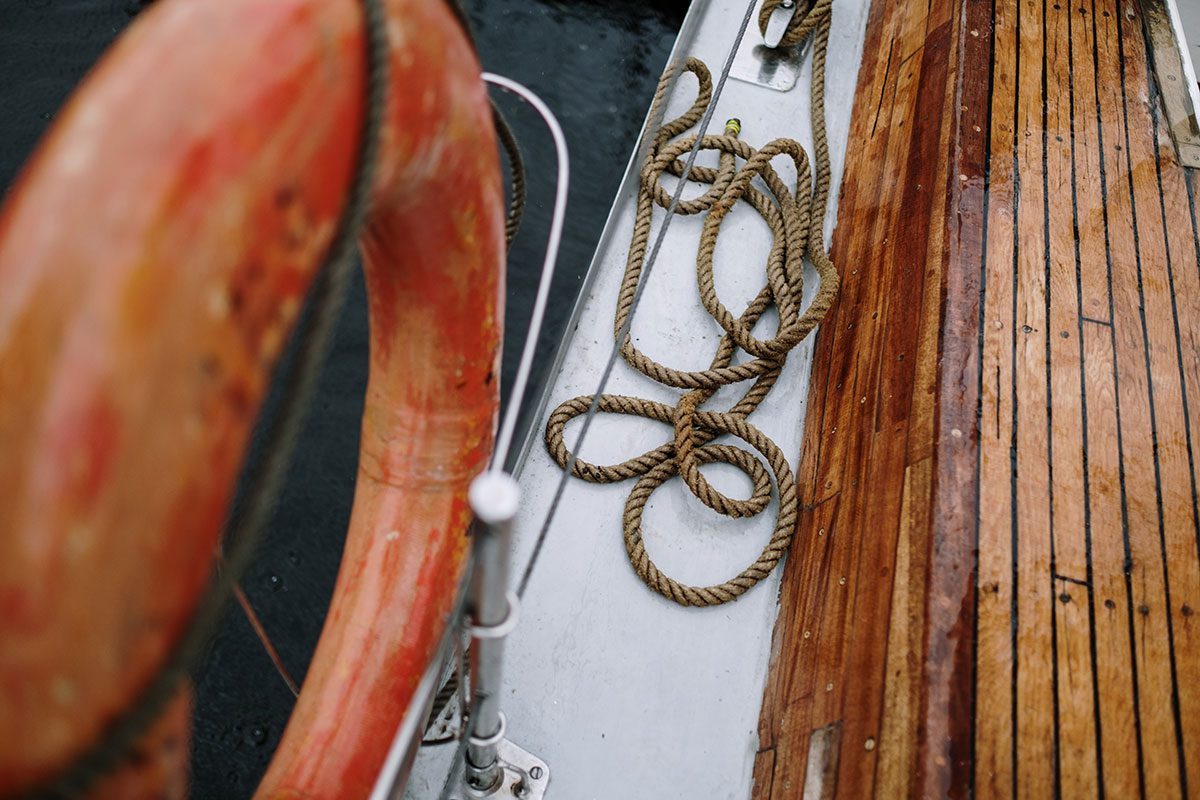When a couple separates or divorces in Australia, there are often many disputes over who gets to keep the boat. This can be a complicated process, as boats can be expensive and difficult to divide evenly between two people. In this blog post, we will discuss the various factors that courts consider when deciding who gets the boat in a divorce. We will also look at some recent case law on this topic. So if you are wondering whether you will get to keep the boat in your separation or divorce, read on!
Assets in separation can be a very difficult thing to come to an agreement about. More often than not, both sides want what is fair to them and what they feel they deserve. This is where experienced legal professionals can help smooth out the process and help both sides come to an agreeable solution. When negotiating an out of court agreement, it is important to have realistic expectations and be willing to compromise. It is also important to be clear about what you want and be prepared to justify your position. With the help of a legal professional, negotiating a fair and reasonable outcome is possible.
The first thing that you need to do is figure out what your goals are. What do you want to achieve from the separation or divorce? Once you have a clear understanding of your goals, you can start looking at the different options available to you. One option is to go through mediation. This is where both sides sit down with a mediator and try to come to an agreement about who gets what. The advantage of mediation is that it can be cheaper and quicker than going to court. However, it does require both sides to be willing to compromise and reach an agreement. If mediation does not work, you should engage a lawyer to negotiate a deal that fits with your goals. A lot of clients prefer the path of lawyer-assisted negotiation before going to mediation. A lawyer can also assist you at mediation in giving you legal advice and then putting the agreement into a binding agreement.
If you are still not sure about what you want to achieve from the separation or divorce, then you should speak to a lawyer. They will be able to give you more information about your options and help you figure out what is best for you. Your first step would normally be an initial meeting with a lawyer.
No matter what route you decide to take, getting the boat in a divorce in Australia can be a complicated process. It is important to seek legal advice early on so that you can understand all of your options and make informed decisions about what is best for you. An out of court agreement can be a much less stressful process.
In Australia, boat ownership is subject to the same rules as any other form of property during a divorce. This means that the boat will be considered part of the couple’s assets and will be divided between them according to their property settlement. However, there are some circumstances in which one spouse may be granted exclusive ownership of the boat. For example, if the boat was purchased by one spouse before the marriage, or if it was inherited by one spouse, then it is likely that the boat will remain in their sole possession. Alternatively, if the couple has young children, the court may decide that it is in the best interests of the children for one parent to retain ownership of the boat so that they can continue to enjoy family activities such as fishing.
If the boat was purchased during the marriage and was used by one spouse in the course of their business, it may be considered part of the marital estate and subject to equitable distribution. This means that it would be divided between the spouses in a way that is fair and equitable, taking into account factors such as each spouse’s contribution to the marriage and their future needs.
If you can agree on who gets the boat without involving the court or hiring an appraiser, it can save you time and money in the long run. To do this, you will need to come up with a fair value for the boat that both of you are comfortable with.







